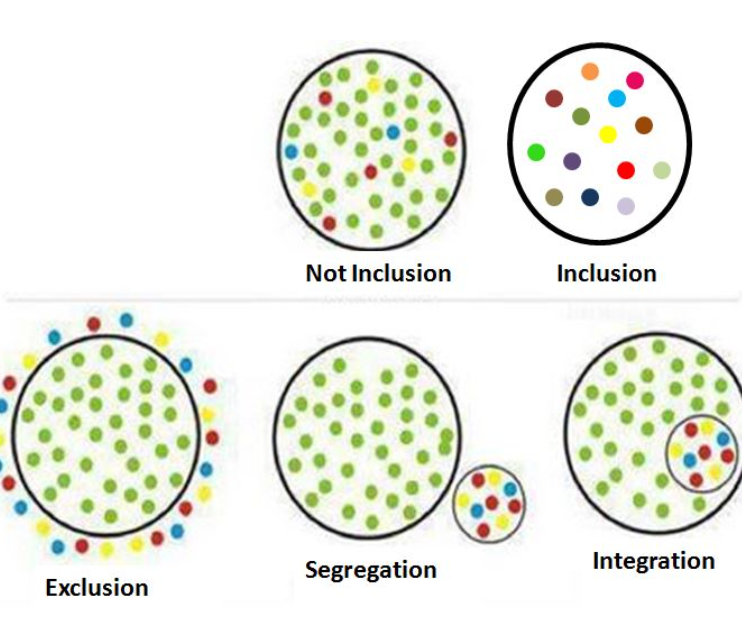International students deficit and value narrative
26 September 2024International students: The deficit narrative
The deficit narrative is widely used, and sees teachers and educationalists focus on the ‘lack’ of language, understanding, and integration, rather than how international students enrich the learning experience for all. A number of researchers have explored this phenomenon:
- A lack of language and academic skills (Lower 2017)
• A lack of social integration (Cockrill 2017)
• A lack of confidence to engage with learning and questioning opportunities (Turner 2015)
• A lack of critical thinking skills or ability to participate verbally (Marline 2009)
• A lack of knowledge of local issues and institutions (Krall 2017)
The deficit narrative is rooted in stereotypes of one type of international student but applied to all. It is this ‘lack of’ narrative that can foster the presence of intercultural tensions between home students and create the feeling of ‘other’ shaping both learning relationships and pedagogical practices. (Straker 2015). Many international students perceive discriminatory language and bias from their classmates (Heloitt et al 2020), some of which implies that international students need to assimilate into traditional UK pedagogical practices. This gives the perception to international students that it is their job to adjust and assimilate to ‘our way’.
The Advance HE (2024) ‘Internationalising HE Framework’ highlights the responsibility of the university to support students with the challenges they face.

When a deficit narrative is applied there is also a missed opportunity to recognise and optimise the diverse cultural, intellectual, and experiential perspectives that international students can offer to all student's experiences.
International students: The value narrative
Recent literature acknowledges how individual agency and adaptability are important to understanding how students learn, alongside the varying dimensions of diversity and traditional stereotypes and assumptions of certain groups of students (Sanger & Gleason, 2020). Lomer (2017) applies a value narrative that situates international students as offering a window into the world, enhancing higher education quality by facilitating internationalisation. International students offer a different perspective and, when valued, can enhance the learning experience for all students, gaining cultural competencies that will prepare all for the globalised world. There are several benefits for all students when the learning environment recognises, celebrates, and values the diversity of everyone.
Cultural enrichment
An international cohort brings an array of cultures, perspectives, and experiences to the academic environment.
Global networking
Interacting with peers from around the world provides students with a valuable opportunity to build an international network. This network can extend beyond the academic setting and contribute to future collaborations and professional/ personal connections.
Enhanced Learning Experience
Exposure to different perspectives challenges traditional viewpoints and cultivates critical thinking. This diversity can lead to more comprehensive discussions and a deeper understanding of global issues.
Preparation for Global Careers
Engaging with an international cohort prepares students for global workplaces. The ability to work effectively in diverse teams is a sought- after skill in today's interconnected world.
Thus, situating our thinking using the value narrative ensures we reflect on and consider the needs of all the students to enhance the learning environment for all.